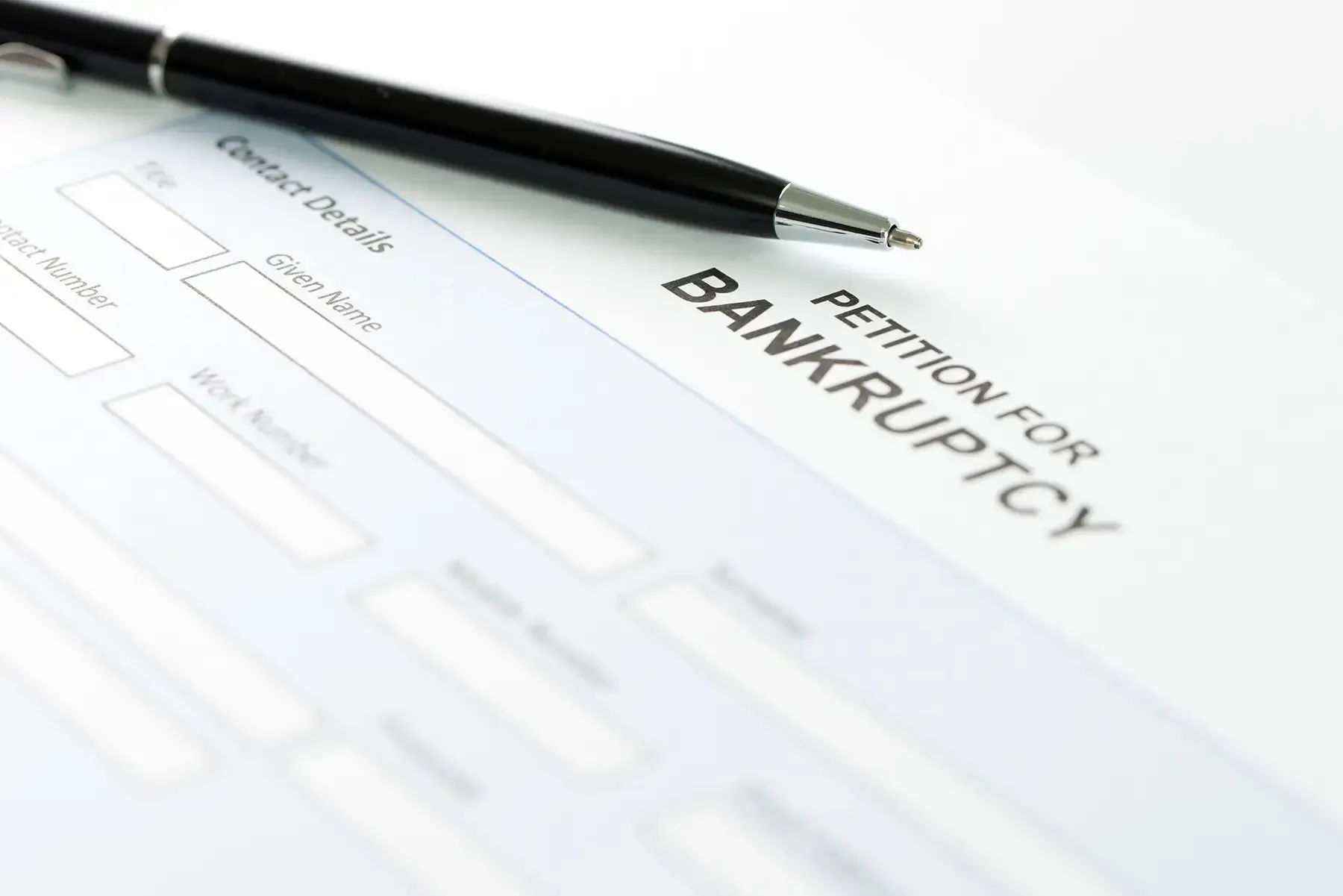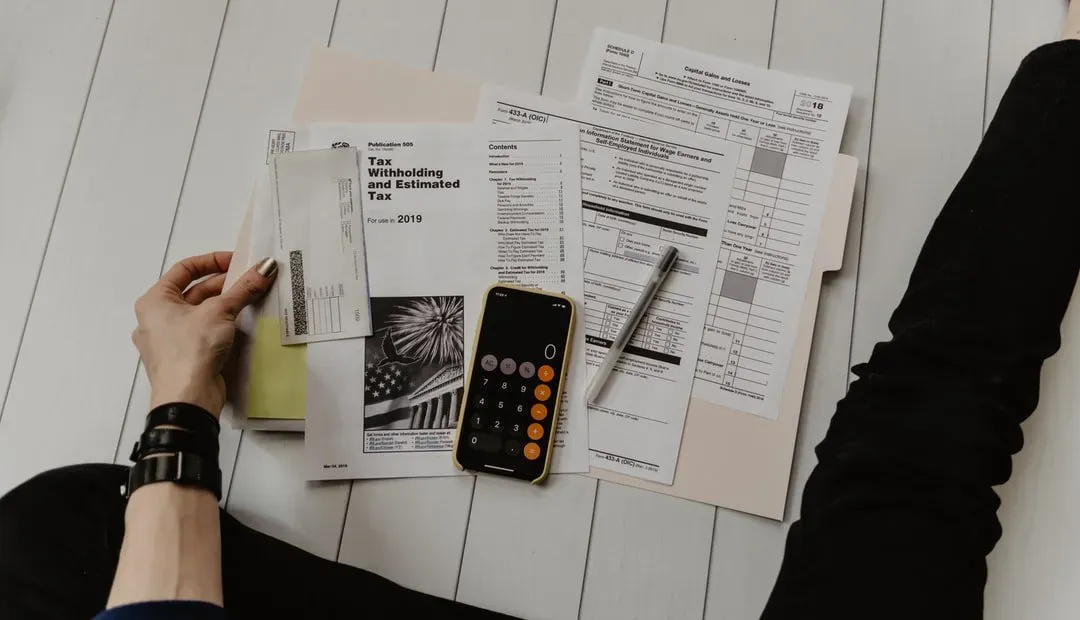How bankruptcy could erase IRS tax debt
Most people who fall behind on their federal taxes have trouble with the annual income tax payments. The recent onset of the gig economy and increase of freelance workers and remote workers in a variety of fields has made the problem even worse. If you fall too far behind, initially friendly letters from the IRS will transition into more serious ones that endanger your wages, your bank accounts and your personal property. Fortunately, bankruptcy law in Maryland provides an effective solution for many.
HOW TO STOP INITIAL COLLECTIONS
The first step to ending your IRS troubles via a potential bankruptcy filing is to file for an automatic stay in federal court. An automatic stay immediately ceases all debt collection activities against you while the automatic stay is in effect. That means no phone calls or letters from debt collectors, including the IRS. The automatic stay even stops possible loss of personal property, such as a financed vehicle on which you recently might have fallen behind on payments. Any creditors violating the automatic stay order will have to face the federal judge who issued it and stiff federal penalties.
POTENTIAL DISCHARGE OF YOUR TAX DEBT
A Chapter 7 federal bankruptcy filing could end in your federal tax debt being discharged and getting the IRS off your back. You need to provide a full accounting of all of your personal assets, including all personal property. You also need to provide a full accounting of all of your current debts. A federal bankruptcy trustee will review your case, along with any attorneys representing you, to determine whether a Chapter 7 bankruptcy is in order. If so, you could wind up with your federal tax discharged.
EXPERIENCE COUNTS IN CHAPTER 7 FILINGS
If you have never filed bankruptcy before, you likely have many questions about the process and the consequences. An attorney experienced in bankruptcy law may help you to decide whether pursuing a Chapter 7 bankruptcy is the best option for solving your tax dilemma.







